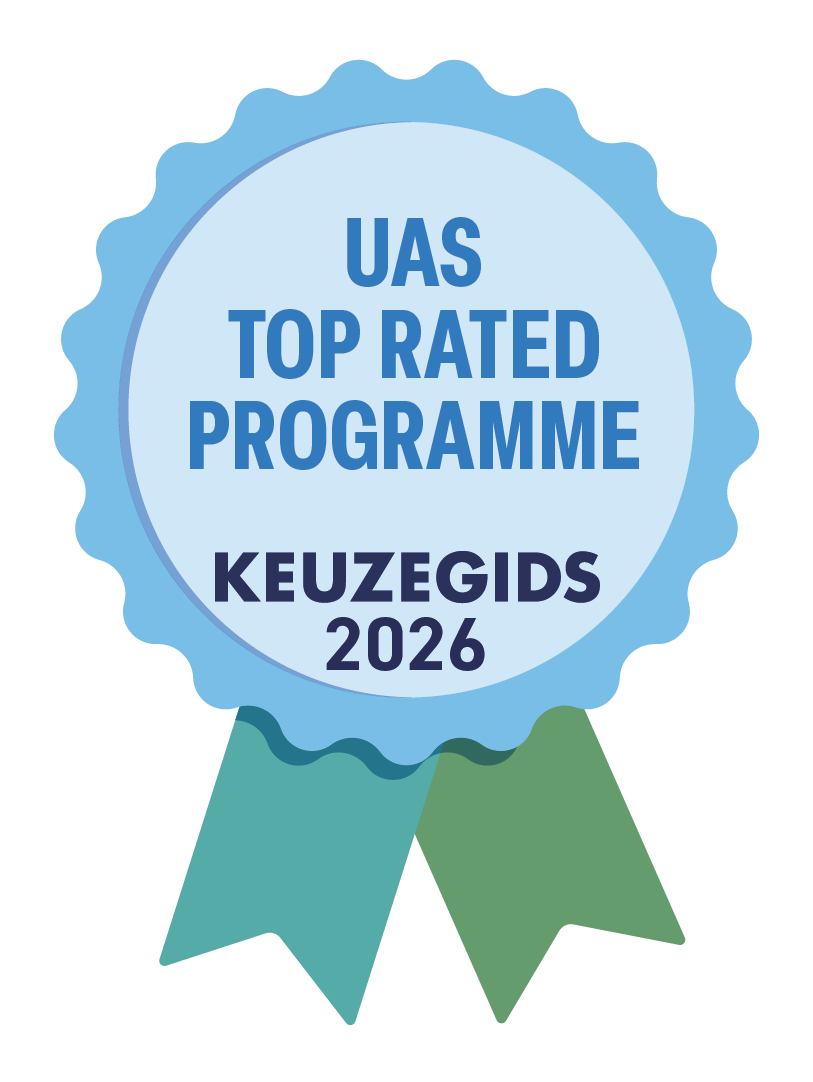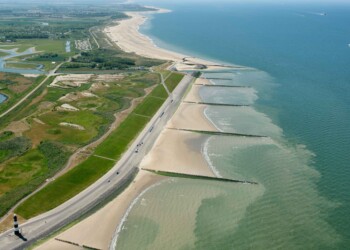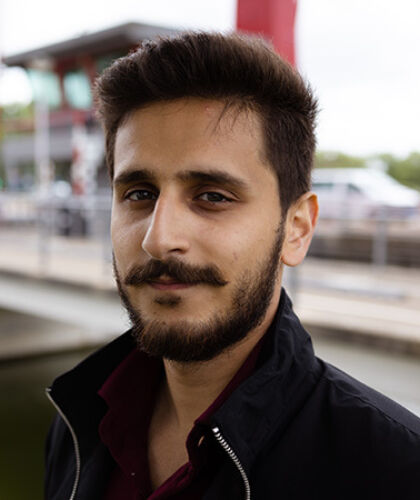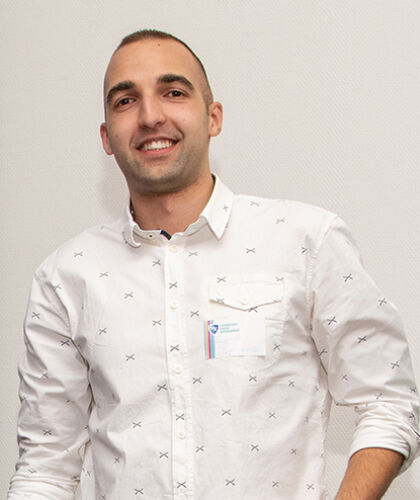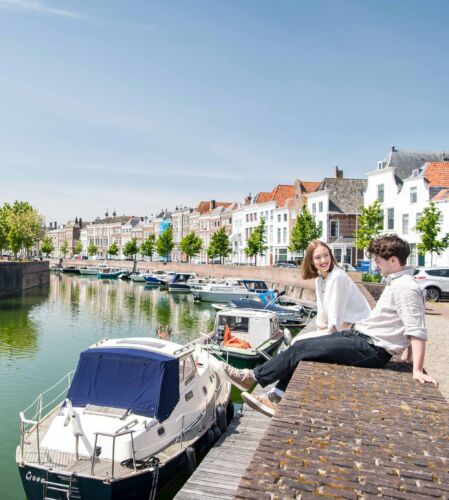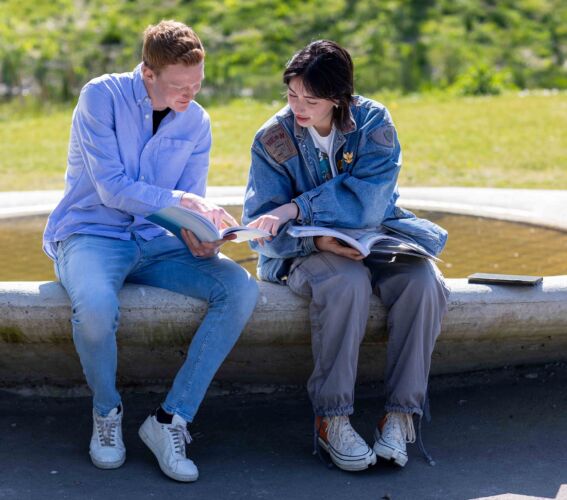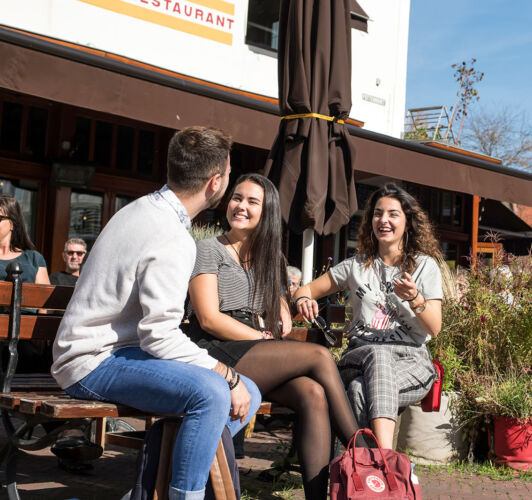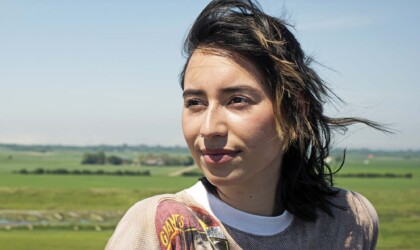Are you interested in contributing to the construction of the largest lock project in the world? In determining how high and how strong dikes should be to ensure flooding does not take place? Or would you like to make sure that people and animals can continue to live safely near coasts and rivers despite climate change? If your answer is ‘yes’ to the questions above, the Civil Engineering programme at HZ may be the right choice for you!
It is expected that by 2050 80% of the world's population will live in delta areas. In these areas, where rivers meet the sea, there are increasing challenges due to climate change. With your expertise as a civil engineer, you will tackle problems such as coastal safety and urban flooding and contribute to safety in deltas around the world. During your study, you learn everything about the design and building of large constructions and managing huge international projects. Examples include the Panama locks in the Panama Canal; the Channel tunnel that connects the United Kingdom with France; and the magnificent Palm Islands in Dubai, a design that could have been yours if you were already a civil engineer!
Doing Civil Engineering at HZ means you are studying in the middle of a delta area: when walking out of the university of applied sciences, you will encounter your field of work all around you. Did you know that the Dutch Eastern Scheldt storm surge barrier is one of the seven modern wonders of the world and that this construction can be found at 30 minutes from HZ?
Employers are lining up for you as a graduate, because at HZ you are not only trained theoretically, but also practically. Right from the start of your study, you will be applying the theory of your future work field in the actual practice. During the lectures you will work on (international) assignments from the professional field, you do two internships with organisations in the Netherlands or abroad and you choose a minor: a half-year programme whereby you further specialise yourself in a company of your choice. In this way, you already gain ample work experience during your studies, and you will be optimally prepared for your career.
Civil Engineering is a top-rated programme
The study programme Civil Engineering is a top-rated programme according to the Keuzegids 2026.


